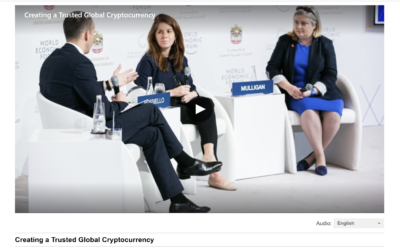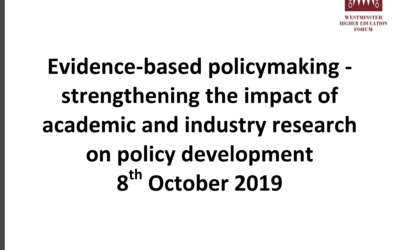Further Reading and Resources:
- Blockchain Applications in the Public Sector.
- Palfreyman, J. (2017, February 1) Blockchain for government: Building trust, Demolishing Bureaucracy. (IBM): IBM Blockchain Blog.
- O’Reilly, T. (2013) Open Data and Algorithmic Regulation. In Goldstein, B. and Dyson, L. (eds.) Beyond Transparency: Open Data and the Future of Civic Innovation.
- Rockwell, M. (2017) BitCongress—Process For Blockchain Voting & Law.
Blockchain Technologies
Blockchain Technologies were developed to underpin digital currency by securing, validating and processing transactional data. Such elements of Blockchain technology, which were conceived initially for Bitcoin, are now recognised to have far-reaching potential in other areas, especially for government. The core technologies are:
Distributed Ledger Technology (DLT) — a decentralised database where transactions are kept in a shared, replicated, synchronised, distributed book-keeping record, which is secured by cryptographic sealing. The critical distinction between ‘distributed ledgers’ and ‘distributed databases’ is that nodes of the distributed ledger cannot/do not trust other nodes—and so must independently verify transactions before applying them.
Smart Contracts — these are the rules, possibly computer programs, that attempt to codify transactions and contracts with the intent that the records managed by the distributed ledger are authoritative for the existence, status and evolution of the underlying legal agreements they represent. Smart contract technology can automate transactions, such as supply chains, and have the potential to automate laws and statutes.
Governments are increasingly launching projects that apply Blockchain technologies to transform regulatory compliance, contract management, identity management and government records. Other potential uses in facilitating elections and direct democracy models are also being discussed and developed.
Related Papers and Publications

Algorithmic Government - The Computer Journal
Paper #02
Paper #03
Paper #03

Next GovTechLab Event
Latest News
GovTech Lab’s CTO Speaking at the World Economic Forum: Creating a Trusted Global Cryptocurrency (3—4 November 2019 Dubai)
GovTech Lab's CTO was invited to speak at the World Economic Forum's 'Annual Meeting of the Global Future Councils' (3—4 November 2019 Dubai, United Arab Emirates), on the subject of Creating a Trusted Global Cryptocurrency. Dr. Cathy Mulligan responded to the...
read moreUCL Digital Ethics Forum Event: Materialising the invisible labour of the data chain (21st Nov. 9.15 – 12.30 pm)
UCL Digital Ethics Forum: Materialising the invisible labour of the data chain 21st November, 9:15 am -12.30 pm Hosted by: Dr. Jenny Bunn (UCL Information Studies) We live in an increasingly data-driven society, where data is becoming a global asset at the same time...
read moreOpportunities for embedding evidence-based policy across Government (Zeynep Engin Address to Westminster Higher Education Forum)
On the 8th of October (2019) GovTech Lab’s Dr. Zeynep Engin addressed the Westminster Higher Education Forum Keynote Seminar: Evidence-based policymaking - strengthening the impact of academic and industry research on policy development. Zeynep’s address can be found...
read more



